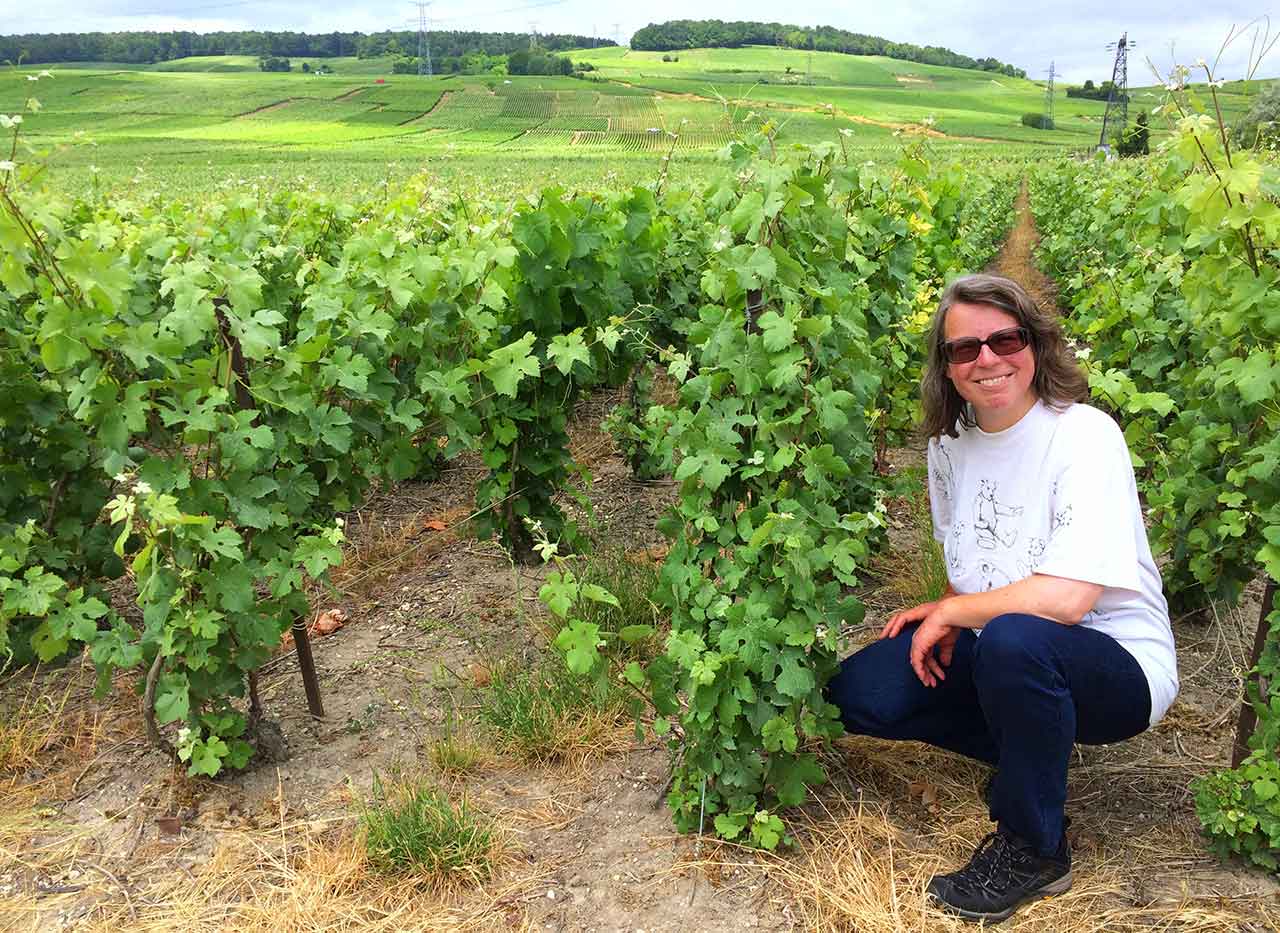Lactic acid
The acid found in milk, and also in wine. Malic acid is converted to lactic acid during malolactic fermentation. Lactic acid tastes smoother and creamier than malic acid.
Landwein
German equivalent of the French vin de pays, indicating a wine which is a step up in quality from table wine.
Late Harvest
Wine made from grapes left on the vine for longer. Botrytis causes the grapes to lose moisture, concentrating the flavours and sweetness.
Lay down
Store a wine to allow it to mature.
Lazy ballerina
A method of vine training using wires so the canopy provides useful shade against harsh afternoon sun.
Leafy
Wine tasting term indicating that the wine has plant-like (vegetal) aromas and flavours.
Lean
Wines with high acidity, leading to a 'sharp' mouthfeel are said to be lean.
Lees
The solid waste material that collects during fermentation. Fermenting on the less (or 'sur lie') can increase richness and complexity.
Leesy
A wine exhibiting rich and complex aromas as a result of maturing on its lees.
Left Bank
A Bordeaux wine term. The Bordeaux region is divided in two by the Gironde river, 'left bank' indicating that a wine was made in the area south-west of the river. Here the soil is poorer than on the right bank, leading to wines which need time to mature.
Legs
The rivulets of liquid which run down the inside of a wine glass after the wine is swirled around. Also known as tears.
Length
How long the flavour of the wine lingers in the mouth.
Lie
French word for lees, the solid by-products of fermentation.
Lieu-dit
An individual vineyard with its own name, producing wines of a distinctive character.
Lift
The liveliness in a wine produced by acidity.
Light
Wines which feel subtle and delicate.
Light strike
Damage to wine caused by light, which causes unpleasantly smelly (cabbage, blocked drains) sulphur compounds to form. Coloured glass bottles block some of the light reducing the problem (brown glass is best) and putting wine in boxes avoids the problem because the wine is kept completely in the dark. Light strike is most likely when a wine is in a clear glass bottle.
Limestone
Soil which can give the resulting wines a pleasantly minerally quality.
Limousin
French oak forest which supplies wood for barrels.
Linear
Wines with flavours which are consistent, developing gently in the mouth.
Liquoreux
French for 'liqueur-like'. Indicates a rich, syrupy dessert wine probably made from Botrytis-affected grapes.
Liquoroso
Italian word for a fortified wine.
Lively
A wine with a freshness produced by acidity.
Loire
Wine from the Loire valley which runs through central France. Sub-regions include Muscadet, Sancerre, Pouilly-Fumé, Anjou, Vouvray and many others.
Long
A wine with good length, meaning the flavours linger in the mouth.
Lush
Smooth, rich wines are sometimes described as lush.
Lutte Raisonnée
French for 'reasoned fight', indicating a philosophy of vine growing which avoids use of chemicals. Not a controlled term, so can be misused.






